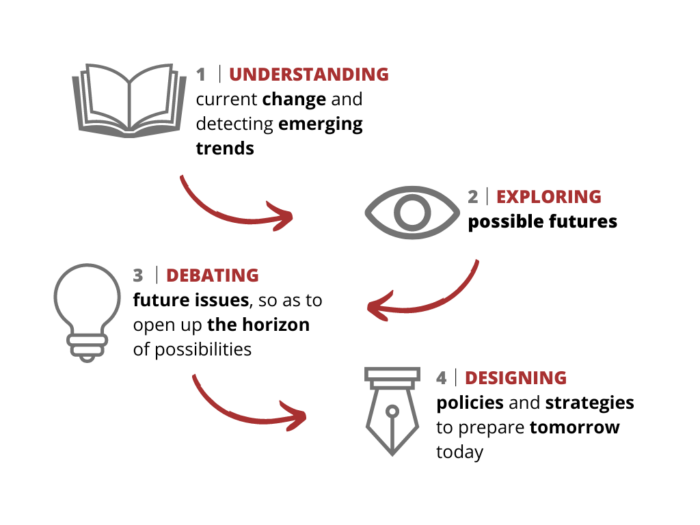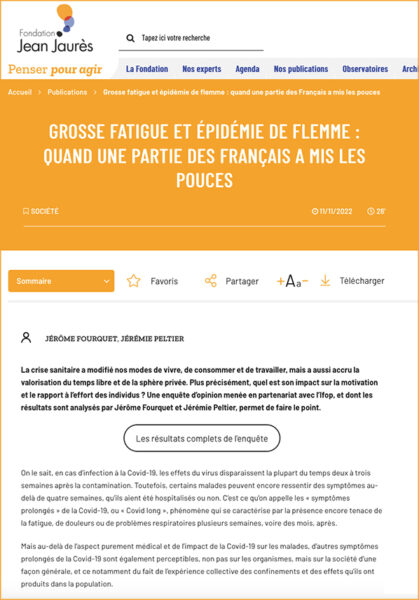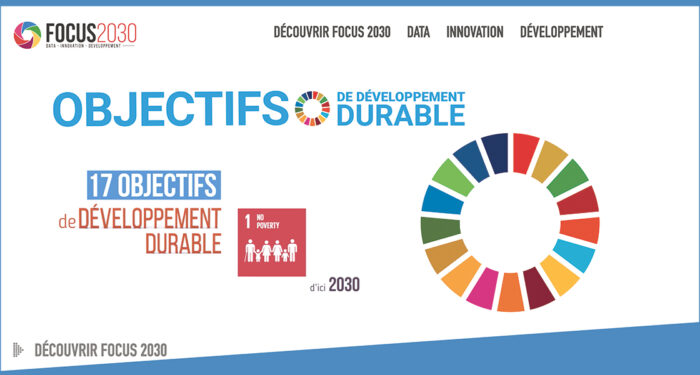The problem of people who work but do not earn enough to live on was not much discussed in France before 2000, but it seems to be attracting growing interest, which in itself suggests that their numbers are also rising. What is the true situation and what does the term “working poor” actually cover? These are the questions discussed here by Julien Damon.
How one defines “poor” and “worker” is crucial here: we need to be clear about what constitutes the poverty line and what is meant by “worker” (someone actually in work and/or unemployed?). Indeed, depending on how the terms are defined, the figures can vary enormously. Julien Damon opts for the literal meaning (those in work but living below the poverty line) and estimates the number of working poor in France at 1.6 million, a substantial figure but tending to fall since the mid 1990s.
This downward trend does not make the phenomenon any less scandalous (and viewed as such by public opinion), the author argues, and confronts the French system of social protection with its own contradictions and limitations. Reform is therefore urgent, and starting with the existing experiments with income support (RSA, revenu de solidarité active), and must be able to put an end to “poverty traps” whereby it can make more sense financially for an individual to draw social security rather than seek employment.
The Working Poor in France: From Low Earnings to Income Support?
Cet article fait partie de la revue Futuribles n° 333, sept. 2007


